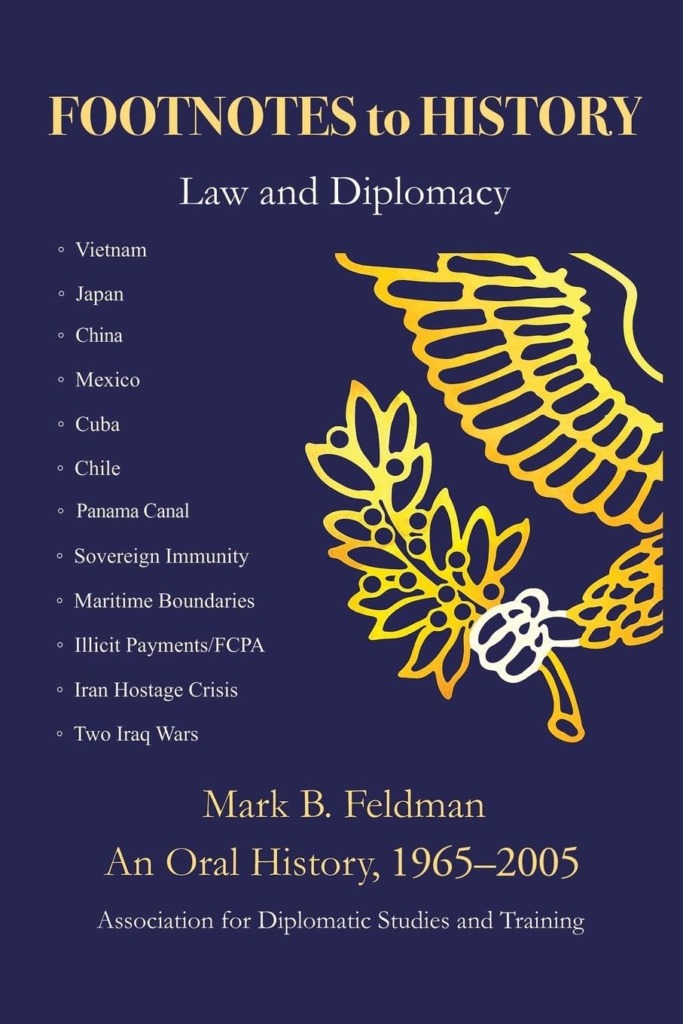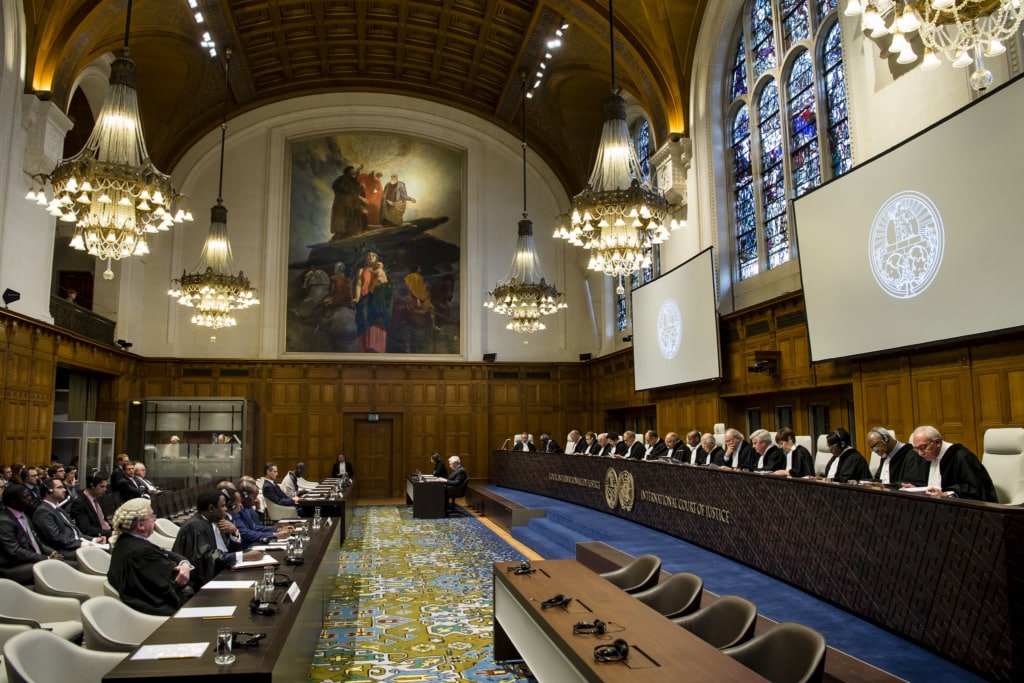D.C. Circuit Addresses FSIA in German Art Case
In the years before World War II, the Nazi government in Germany allegedly stole an art collection belonging to a Jewish industrialist. His descendants who live in the United States sued Germany in Toren v. Federal Republic of Germany. They argue that Germany is not immune from suit under an exception to the Foreign Sovereign…
Continue ReadingPersonal Jurisdiction and Extraterritoriality
The U.S. Supreme Court has repeatedly said that Congress has constitutional authority to regulate extraterritorially. “Both parties concede, as they must,” Chief Justice Rehnquist wrote in EEOC v. Arabian American Oil Co. (1991), “that Congress has the authority to enforce its laws beyond the territorial boundaries of the United States.” The presumption against extraterritoriality, which…
Continue ReadingA Primer on International Family Law
[This post is one in a series of primers on different topics in transnational litigation. To access other primers, please click on the “Topics” drop-down menu above.] International family law focuses on two discrete areas of international practice: (1) private international law, and (2) comparative family law. This area of practice is traditionally broken down…
Continue ReadingOptionality in Choice of Law
Choice-of-law clauses are sometimes described as tools for reducing legal uncertainty. This characterization, while correct, is incomplete. In cases where the suit is brought in a jurisdiction other than the one named in the choice-of-law clause, it is sometimes more accurate to think of the clause as an option. Either litigant may, if it so…
Continue ReadingA View of Transnational Litigation from the State Department
I recently had the pleasure of reading Footnotes to History: Law and Diplomacy by TLB contributor Mark Feldman. Mark spent sixteen years (1965-1981) at the U.S. State Department’s Office of the Legal Adviser, where he helped write the Foreign Sovereign Immunities Act (FSIA), the Foreign Corrupt Practices Act, and the Iran Claims Settlement Agreement. The…
Continue ReadingVenequip 1782 Case
Section 1782, which authorizes judicial assistance to foreign and international tribunals, is a staple of transnational litigation. In a recent decision, the Seventh Circuit reviewed a lower court decision to deny a 1782 application. This case is in many ways a “typical” 1782 case, although its discussion of choice-of-forum clauses is of note. Background Very…
Continue ReadingSupreme Court Requests Response to FNC Cert Petition
The Supreme Court has called for a response in Wamai v. Industrial Bank of Korea, a terrorism-related lawsuit that was dismissed for forum non conveniens. The plaintiffs have asked the Court to consider how much deference federal courts should give U.S. plaintiffs’ choice of forum when they are joined by foreign co-plaintiffs. The Southern District…
Continue ReadingCase Brought by Jamal Khashoggi’s Widow Dismissed
Hanan Elatr Khashoggi sued Israeli spyware companies in connection with the death of her husband, journalist Jamal Khashoggi. A critic of the Saudi government, Khashoggi was killed in Istanbul, Turkey at the Saudi Arabian consulate. Last year, Judge John Bates (D.D.C.) dismissed a civil suit against Saudi Crown Prince Mohammed bin Salman on grounds of…
Continue ReadingAudio Content on TLB!
We are beginning to offer audio versions of some posts! We kick off the initiative with John Coyle’s recording of his post A Primer on Choice-of-Law Clauses. Choice of law and choice of law clauses are important issues in any legal system, ones that help students understand both contracts and civil procedure. Now students, foreign…
Continue ReadingFurther Thoughts About Terrorism Exceptions and State Immunity
As regular readers know, Iran has sued Canada at the International Court of Justice (ICJ), arguing that the terrorism exceptions in Canada’s State Immunities Act (SIA) violate customary international law. The United States also has terrorism exceptions in its Foreign Sovereign Immunities Act (FSIA) for actions against state sponsors of terrorism and for actions based on international terrorism in the…
Continue Reading






